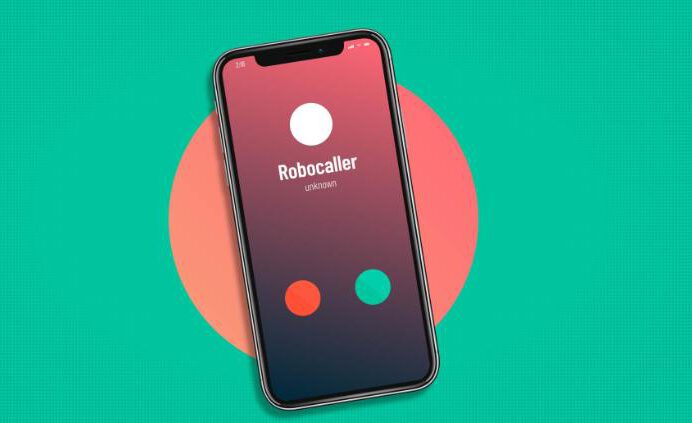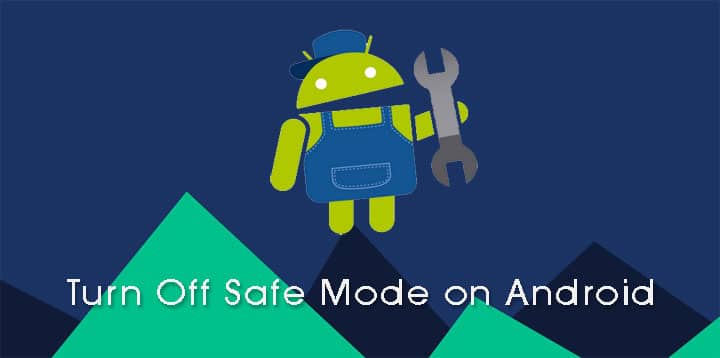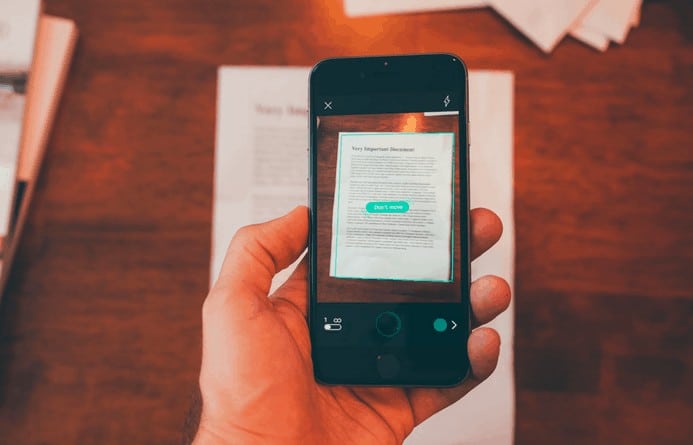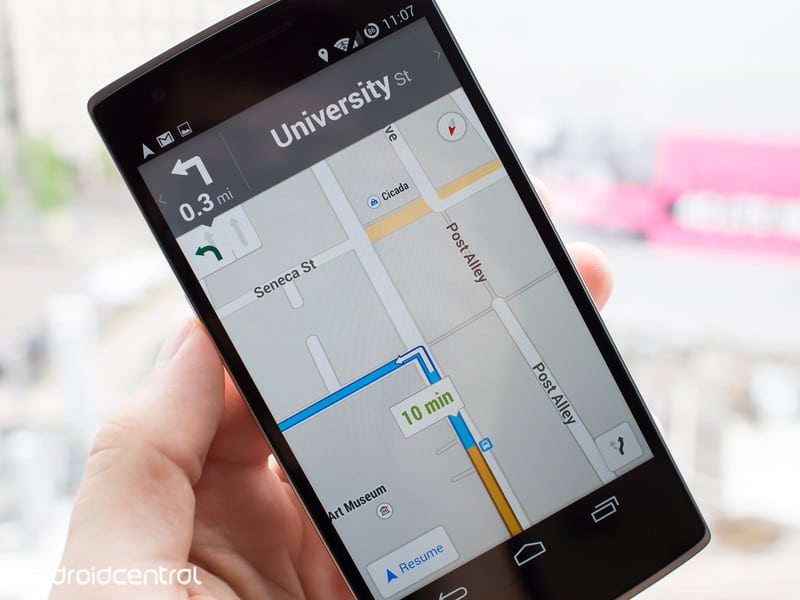You are already pushing your luck when you answer a phone call from a number you don’t recognize. Once in a blue moon, it’s actually something important or a friend or family member who has fallen out of touch or gotten a new phone. The rest of the time it’s usually a business call wanting you to buy something, a bill collector reminding you what you owe, or a scam.
Most people laugh when they get a scam call, or simply hang up. But for every person who clearly knows the difference between what’s real and what’s not, there are those who call hook, line, and sinker, and fork over money, credit card information, even their computer login, and password information believing that the person on the other end is trying to help them.
Lots of these scams are performed orally over the phone. Others involve phishing attacks via email and can usually be avoided with smart habits and a powerful password manager like Dashlane.
For the ones over the phone, however, here are examples of some of the most common and how to avoid falling for them.
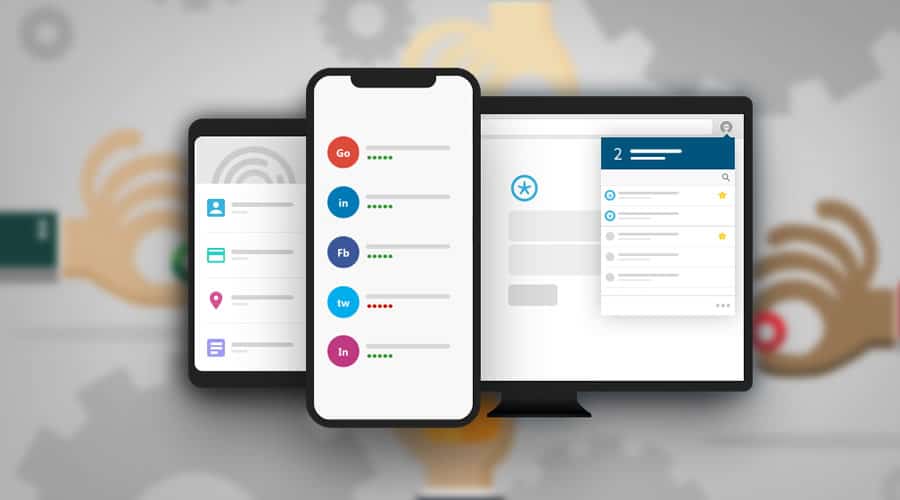
The IRS
First and foremost, the US Internal Revenue Service is never going to call you on the phone. They are all about old-school mailed letters. The scammer will claim that you have an unpaid tax bill and that if you don’t pay it immediately, your Social Security Number will be erased, something the IRS has zero power to do. But instead of mailing a check to the US Treasury Department, the scammer wants a wire transfer or a gift card. And if you refuse, they threaten to have the local police force arrest you. Any mention of unofficial payments is a dead giveaway, as is the notion of calling the police on you. If you’re unsure, just ask for a callback number. They won’t have one.
Also read: How to block unknown callers on iPhone
Apple Support
The phone rings and its someone from “Apple Support” claiming that there is suspicious activity in your iCloud account. They want you to either log in with them or call a phone number for help. The first bad smell is that if you’re using Apple devices, Apple could email you or make a message appear on your screen with this information. The second is that this call is made to people frequently who have no Apple devices. When you mention this to the scammers, they’ll hang up on you quickly. Just like above, if Apple wanted to contact you, they’d have a message waiting on your device the next time you logged in.
Also read: How to block text messages on Samsung
Deportation
Chinese students who are studying abroad in the UK are hardy, industrious bunch. So when they get a call claiming they are being targeted for deportation, you can see how panic might ensue. These usually occur after some sort of a data breach involving the students’ personal files, such as a scan of their passport. The easiest way to determine the fake is that the call is in a Chinese accent. Why would the British government official have a Chinese accent?
